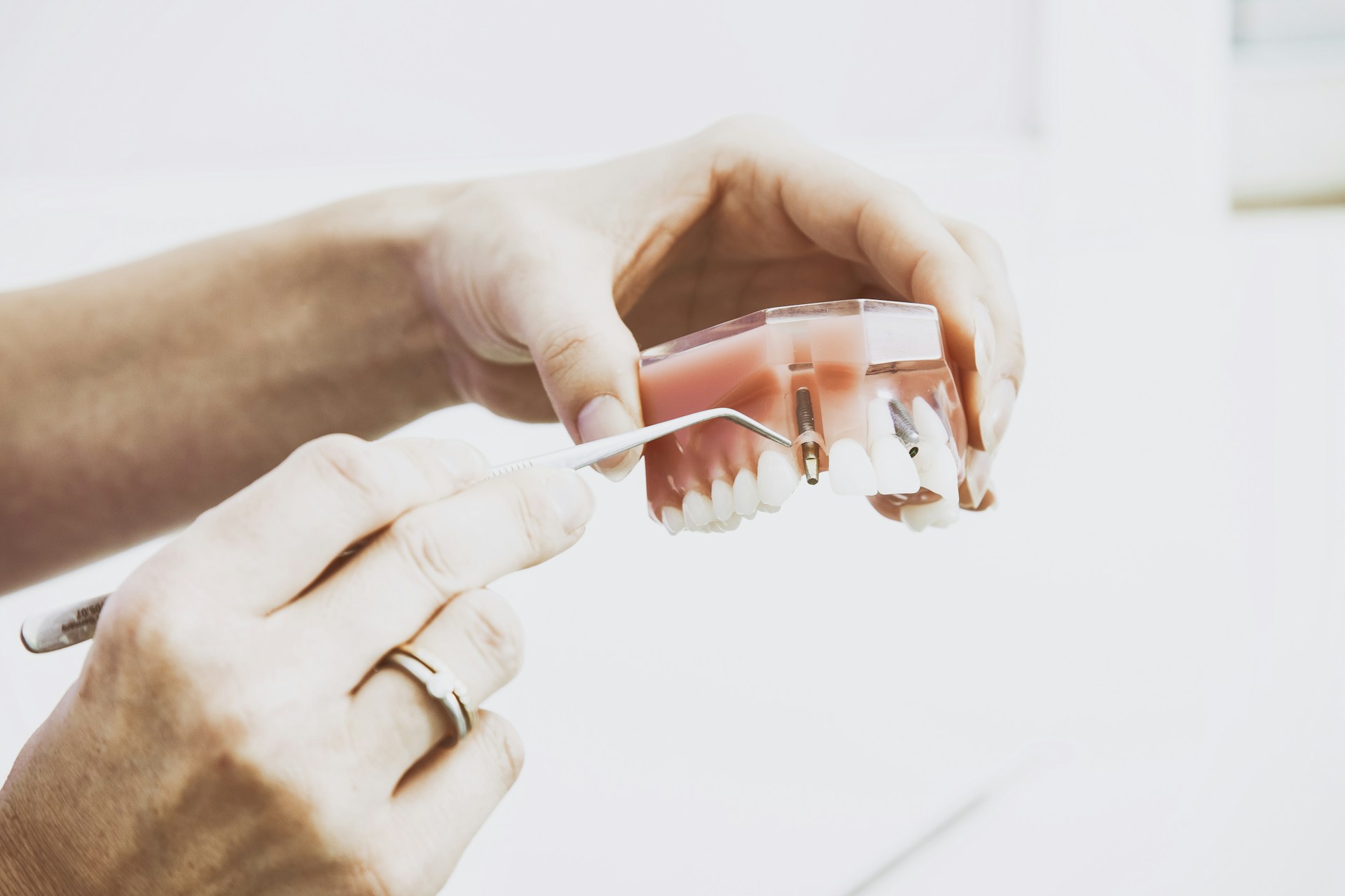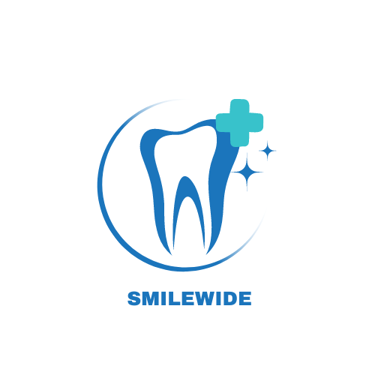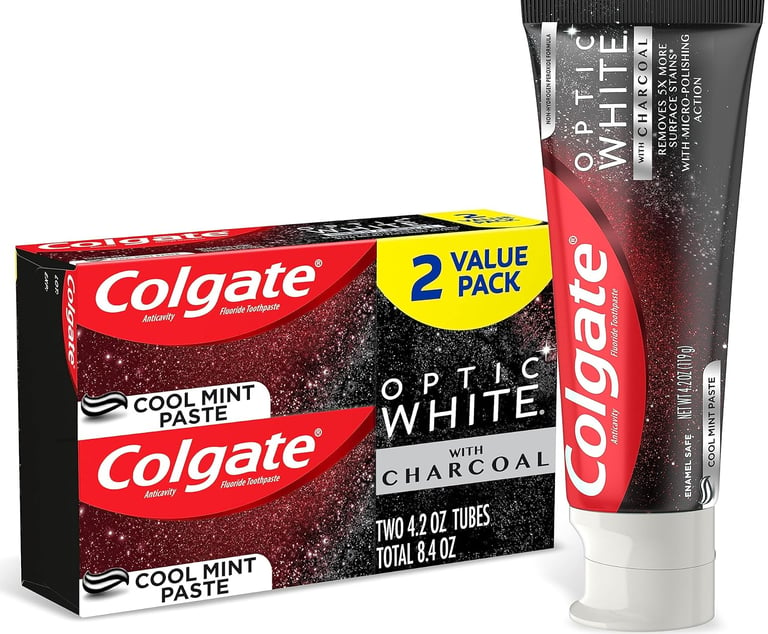SMILE- It costs nothing !!!
Charcoal Whitening Toothpaste for Dental Care
Discover the safety and effectiveness of charcoal whitening toothpaste for your dental care. Explore expert insights and guidance to make informed choices for achieving a brighter smile with charcoal toothpaste.
10/7/2024
Charcoal Whitening Toothpaste
In recent years, charcoal whitening toothpaste has gained significant popularity due to its claims of offering natural teeth whitening benefits.
Activated charcoal, the key ingredient in these products, is believed to absorb surface stains and toxins from teeth, giving users a brighter smile.
However, with the increasing use of such products, questions about their safety and effectiveness have surfaced.
In this article, we’ll explore what charcoal whitening toothpaste is, how it works, and whether it's safe to use for teeth whitening.
What Is Charcoal Whitening Toothpaste?
Charcoal whitening toothpaste is formulated with activated charcoal, a form of carbon processed at high temperatures to make it more porous.
This porous structure is thought to trap and remove particles from the teeth’s surface, including plaque, food particles, and stains caused by coffee, wine, and tobacco.
Unlike regular charcoal, activated charcoal is non-toxic and is used in various health applications, including water filtration and detoxification.
When applied to teeth, it promises to provide a natural and gentle way to whiten your smile without the use of chemicals or bleach.
Related : Benefits of Parodontax toothpaste
How Does Charcoal Whitening Toothpaste Work?
Charcoal whitening toothpaste works through two main mechanisms:
Abrasive Action: Charcoal particles are slightly abrasive, meaning they can scrub the outer layer of your teeth, removing surface stains. The abrasive nature helps to polish the enamel, revealing a cleaner, whiter surface beneath the stains.
Adsorption: Activated charcoal has the ability to bind with certain compounds, such as tannins (found in coffee, tea, and red wine), which can cause discoloration of the teeth. By "adsorbing" these compounds, it helps to lift stains and toxins off the tooth’s surface.
However, while these mechanisms may give the appearance of a whiter smile, the long-term effects and safety of charcoal toothpaste are subjects of concern for many dental professionals.
Is Charcoal Whitening Toothpaste Safe?
Although charcoal whitening toothpaste is popular, its safety for long-term use is debatable. Let’s break down the key concerns.
1. Abrasiveness
One of the most significant concerns with charcoal toothpaste is its abrasiveness. While the gritty texture helps remove surface stains, it may also wear down the enamel over time.
Enamel Damage: Tooth enamel is the hard, outer layer of your teeth, and once it’s worn away, it doesn’t regenerate.
Overly abrasive substances like charcoal can gradually erode enamel, leading to tooth sensitivity, yellowing (as the underlying dentin is exposed), and a higher risk of cavities.
Relative Dentin Abrasivity (RDA): Many dentists warn that charcoal toothpaste has a high RDA, meaning it can scratch and damage enamel more than regular toothpaste.
Most charcoal toothpaste brands don’t list their RDA on the packaging, making it difficult for consumers to assess their level of abrasiveness.
2. Lack of Fluoride
Many charcoal whitening toothpastes are fluoride-free, which is a concern for dentists. Fluoride is essential for protecting tooth enamel and preventing cavities by helping to remineralize teeth.
Risk of Tooth Decay: Without fluoride, you may be more prone to developing cavities, especially if you are using a charcoal toothpaste with high abrasivity.
The combination of enamel erosion and lack of fluoride protection can increase your risk of tooth decay over time.
Related : Teeth whitening methods
3. Temporary Whitening Effect
Charcoal toothpaste is mostly effective in removing extrinsic stains, which are stains on the surface of the teeth caused by food, drinks, and smoking.
However, it is not as effective in addressing intrinsic stains, which are deeper discolorations within the tooth structure.
Superficial Whitening: While you might see some immediate improvement in tooth color, charcoal toothpaste does not provide deep whitening like professional dental treatments or specially formulated whitening products.
4. Staining Gums and Restorations
Activated charcoal can sometimes leave a residue that’s difficult to remove from the gums or dental restorations (such as crowns or veneers).
Prolonged use may lead to:
Gum Discoloration: Charcoal particles can embed in the gumline, leading to a grayish appearance.
Damage to Dental Restorations: If you have crowns, veneers, or fillings, the abrasive particles in charcoal toothpaste may scratch and damage their surfaces, making them appear dull or discolored.
Expert Opinions: What Do Dentists Say?
Most dental professionals express concerns about the frequent use of charcoal whitening toothpaste. Here’s a summary of their insights:
Dr. Kim Harms (American Dental Association spokesperson): "The whitening claims of charcoal toothpaste are largely anecdotal. We’re concerned about the abrasiveness and lack of fluoride, which could lead to long-term damage to the teeth."
Dr. Joseph Greenwall-Cohen (Restorative Dentist): "There are very few scientific studies to back up the efficacy of charcoal in whitening teeth, and the risk of enamel damage outweighs the benefits."
Many dentists recommend using charcoal toothpaste only occasionally, if at all, and opting for more reliable whitening methods that have been tested for safety and effectiveness.
Alternatives to Charcoal Whitening Toothpaste
If you're looking for safe and effective ways to whiten your teeth, consider the following alternatives:
1. Fluoride Toothpaste with Whitening Agents
Whitening toothpaste that contains mild abrasives and hydrogen peroxide is a safer option for daily use.
These toothpastes can gently remove surface stains while still protecting your enamel with fluoride.
2. Professional Teeth Whitening
For deeper, longer-lasting whitening results, consider professional whitening treatments offered by your dentist.
These treatments use stronger whitening agents, such as carbamide peroxide or hydrogen peroxide, which penetrate the tooth’s surface to whiten from within.
3. Over-the-Counter Whitening Strips
Whitening strips are a popular at-home solution.
They contain peroxide-based gels that provide a gradual, safe whitening effect without the abrasiveness of charcoal toothpaste.
Charcoal whitening toothpaste may seem like a natural and effective solution for a brighter smile, but its long-term safety is still in question.
The abrasiveness of charcoal can lead to enamel erosion, increased tooth sensitivity, and potential staining of the gums or dental work.
Additionally, the lack of fluoride in many charcoal toothpaste formulas may leave you vulnerable to tooth decay.
If you choose to use charcoal toothpaste, it’s best to do so sparingly and consult your dentist for advice on safe whitening alternatives.
For most people, a balanced approach that includes good oral hygiene, fluoride toothpaste, and professional whitening treatments will provide safer, longer-lasting results for a healthy, white smile.

Contact Smiles
drdeepi15@gmail.com
Dr. Deepika B.D.S
© 2025 SmileWide Dental. All Rights Reserved.
Have doubts ..?


